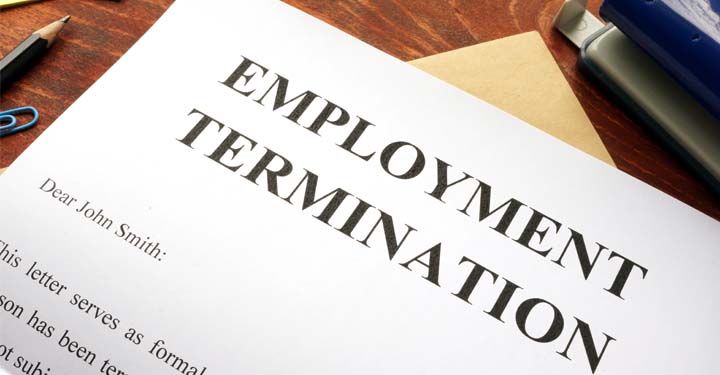Think you don’t need to give a reason for termination while an employee is still under probation? Think again. Recent Adverse Action claims shed light on how you should approach dismissing employees during the probationary period.
An employee who hasn’t worked for the statutory minimum period of employment (generally six months) cannot bring an unfair dismissal claim onto an organisation. So when dismissing a new hire in their probation period, many employers take the view that they don’t need to document their reasons. But caution should be observed because staff terminated during this period can bring general protections/adverse action claims.
What is adverse action?
This is action taken that is deemed unlawful under the general protections provisions of the Fair Work Act. Adverse action includes dismissing or refusing to employ a person, and also includes discriminating against a person or otherwise injuring a person in their employment. Adverse action also includes action against an employee because he or she is engaging in a lawful industrial activity, and the dismissal of an employee who is temporarily absent from work due to illness or injury.
What are adverse action claims?
In order to make a general protections claim under the Fair
Work Act employees need to allege they were ‘adversely affected’ by a
management decision made because of their workplace rights, or because they
possessed a discriminatory attribute, e.g. race, sex, age, etc.
An example would be where an employee alleged her employment had been
terminated because she was pregnant. From that point, a ‘reverse onus or proof’
would apply and an employer must then prove the decision-making process that
followed was not for that reason, but for an acceptable reason, such as
continued and well documented under-performance combined with a lack of
improvement.
Reason for termination is critical
The takeaway is that although employees terminated during the statutory minimum period of employment (or probationary periods) do not have unfair dismissal access regardless of the reasons for termination, the risk for employers not providing a reason, even if the reason might be unpalatable to the employee, is that the employee can bring an Adverse Action claim.
If an employer does not provide clear lawful reasons for the dismissal at the time, it may be difficult as a matter of evidence to displace the onus of proof where it is alleged the termination was taken for unlawful reasons.
If exceptional circumstances exist that make it desirable not to give reasons, it is be best to keep detailed notes recording the lawful reasons for the dismissal, as these notes may form evidence if adverse action proceedings are commenced.
So, if there is a risk of an adverse action/general protections claim, termination letters (even during a probationary period) should, in most cases, articulate the lawful reasons for an employee’s dismissal.
Need a little more support with HR but not sure where to start? We also offer a free HR Health Check – where we review all your HR documents, processes, contracts to ensure they meet HR Best Practice and most importantly legally compliant. This can be completed online by uploading your documents or via email if you prefer. We then supply a report detailing your current HR compliance and suggested changes plus list any new documents you may require.
